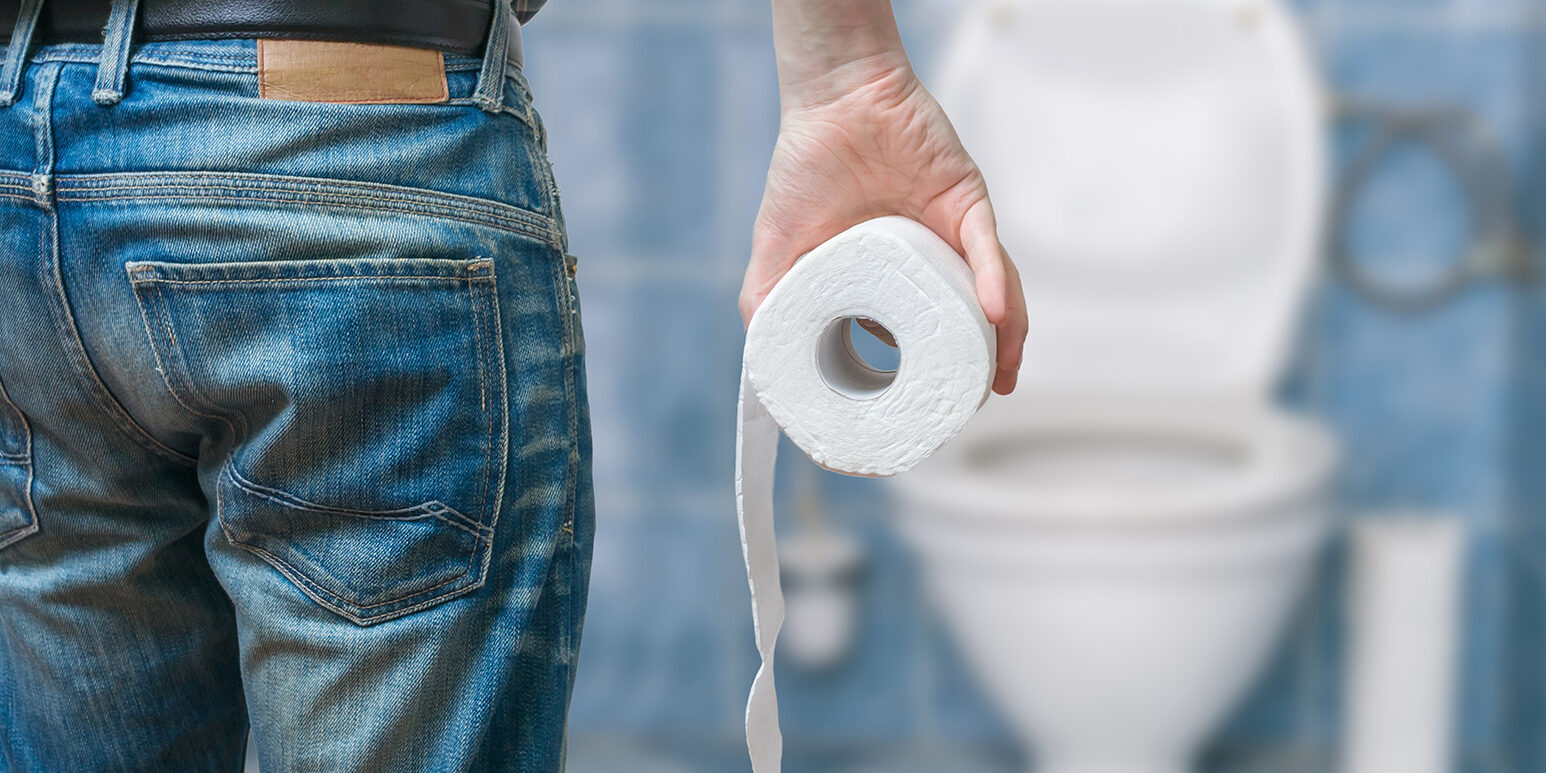What are hemorrhoids?
Hemorrhoids, commonly known as piles, refer to inflamed and swollen veins in the anal area or lower rectum that can cause discomfort, pain, and bleeding.They can happen when there is too much pressure around the anus and on the veins in the lower rectum. Hemorrhoids can be caused by strain during bowel movement or constipation, sitting on the toilet for an extended period, a low fiber diet, pregnancy and or lifting heavy objects.
There are two main types of hemorrhoids, internal and external. Internal hemorrhoids develop inside the rectum and are typically not visible or felt unless they become significantly enlarged. External hemorrhoids form under the skin around the anus and appear as lumps or bulges.
What are the symptoms?
The most common symptoms of hemorrhoids include bleeding from the rectum, anal itching, aches, pain in the anal area when sitting, pressure and pain during bowel movements and or hard or tender lumps near the anus. Typically, hemorrhoids are not painful. However, if a blood clot forms, it can lead to pain around the afflicted area.
What are my treatment options?
Most hemorrhoids can be in different ways: eating foods high in fiber, taking stool softener, drinking more fluids, not straining during bowel movements, decreasing the amount of time sitting on the toilet, taking over- the- counter pain relievers, taking warm baths and using over-the-counter ointment or creams to relieve the itching.
While most people can treat their symptoms at home, you should seek a doctor’s care if the symptoms or pain worsen or do not go away. It’s recommended that you see a health care provider if you still have symptoms after a week of at home treatment or if you have bleeding from your rectum.
In extreme cases, your doctor may recommend surgery. Hemorrhoidectomy can be done to remove the hemorrhoids. These procedures are generally used for people with severe bleeding or prolapse who have not responded to other therapy.
How can I prevent hemorrhoids?
Many of the methods to treat hemorrhoids can also prevent them. This includes eating a high fiber diet with plenty of fruits, vegetables and beans. Consider taking a fiber supplement to ensure you are getting enough in your diet. Additionally, decreasing the amount of time you spend sitting on the toilet and. Try to reduce straining during bowel movements is important. To help with this, increase your water intake and or try stool softeners.
“Hemorrhoids can cause discomfort and impact daily life,” says Joseph E. Bornstein MD, colon and rectal surgeon at Mather Medical Group. “Accurate diagnosis is essential, as other conditions may present with similar symptoms. Do not let hemorrhoids hold you back, follow up with a physician to find the right treatment that offers relief and a path to recovery.” By adopting these preventive measures and seeking timely medical care when needed, individuals can effectively manage and reduce the risk of hemorrhoids.
Resources:
https://www.niddk.nih.gov/health-information/digestive-diseases/hemorrhoids/definition-facts
https://medlineplus.gov/ency/article/000292.htm
https://medlineplus.gov/hemorrhoids.html

